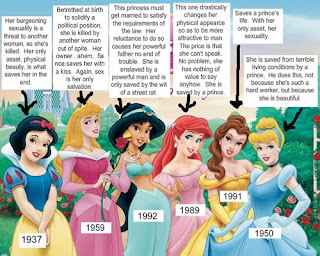Twilight Rant: Part 1
Okay, so, Twilight. I have so many issues with the book that inspired the fandom that inspired the movie, but mostly I have a problem with the fandom. When the movie came out, I was told of a review that called it 'romantic' and said that it was a good example for teens of love without sex. This made me angry. Twilight is not a good example of a healthy relationship. First of all, Bella's world revolves around Edward, it's like she only existed for him. Complete and total co-dependence? Not my idea of a healthy relationship. But that's not even the worst thing. The worst thing is that stalking is equated to love, and all the creepy warning signs were viewed as romantic. Let me just say this right now: STALKING IS NOT LOVE. Stalking is a very scary thing that destroys lives, it should never be viewed as something even remotely positive. If a guy at your school decides to sneak into your room and tell you that he “likes watching you sleep”or that your his “personal brand of heroine” you need a restraining order. Immediately.
Did anyone else notice that Edward kept pushing Bella away because he was afraid of letting himself loose and killing her? I did. That's not attractive. That's scary. I know they're out there, but I have a hard time believing that anyone could ever think that someone who has homicidal tendencies towards yourself is someone you should date. I know he's a vampire and it's just his nature, but really, good for him for not wanting to kill someone. Bella should have taken the hint that he doesn't want to kill her and moved on with her life, even though the initial heartbreak might hurt. The last thing she should have done was try to be with him more, especially given that she would become a target for other vampires which, in the Twilight 'verse, are nearly impossible to kill, especially for a mere human.
Is this really something we should praise as the ideal relationship for teens?
Btw, there is nothing wrong with liking Twilight as a book to read when you don't want to think.
Please comment, but as always, remember to be respectful
Kit.
(ps, more installments of Twilight Rant to come, for you Anthemyst)


